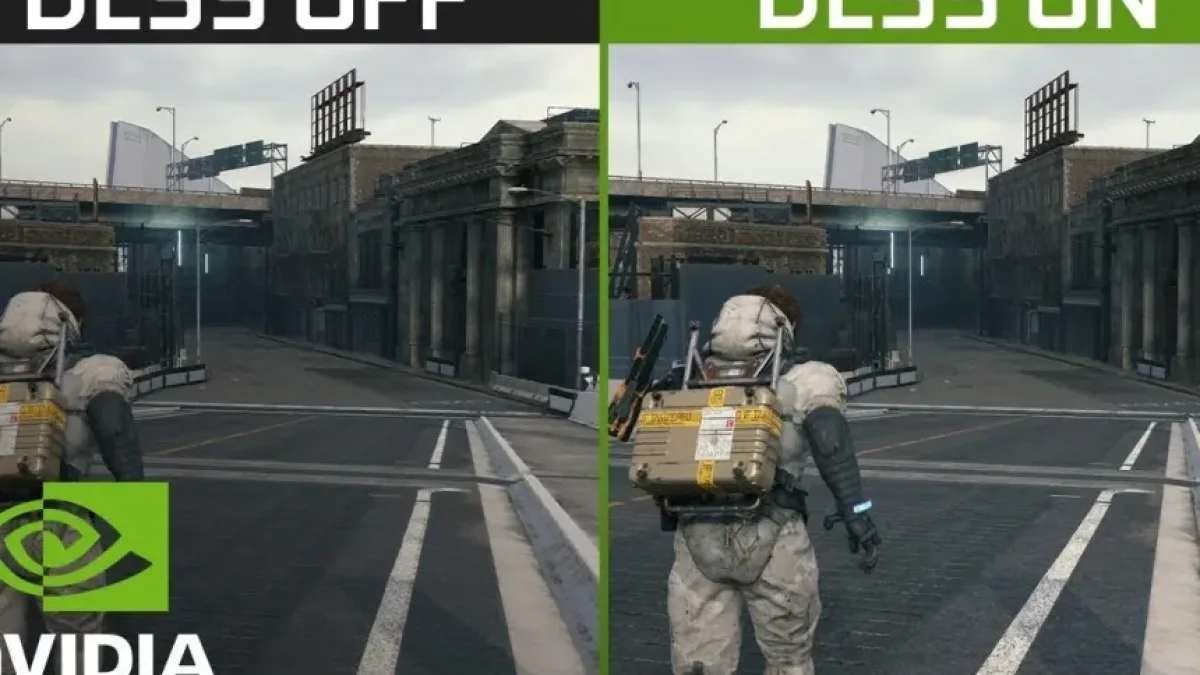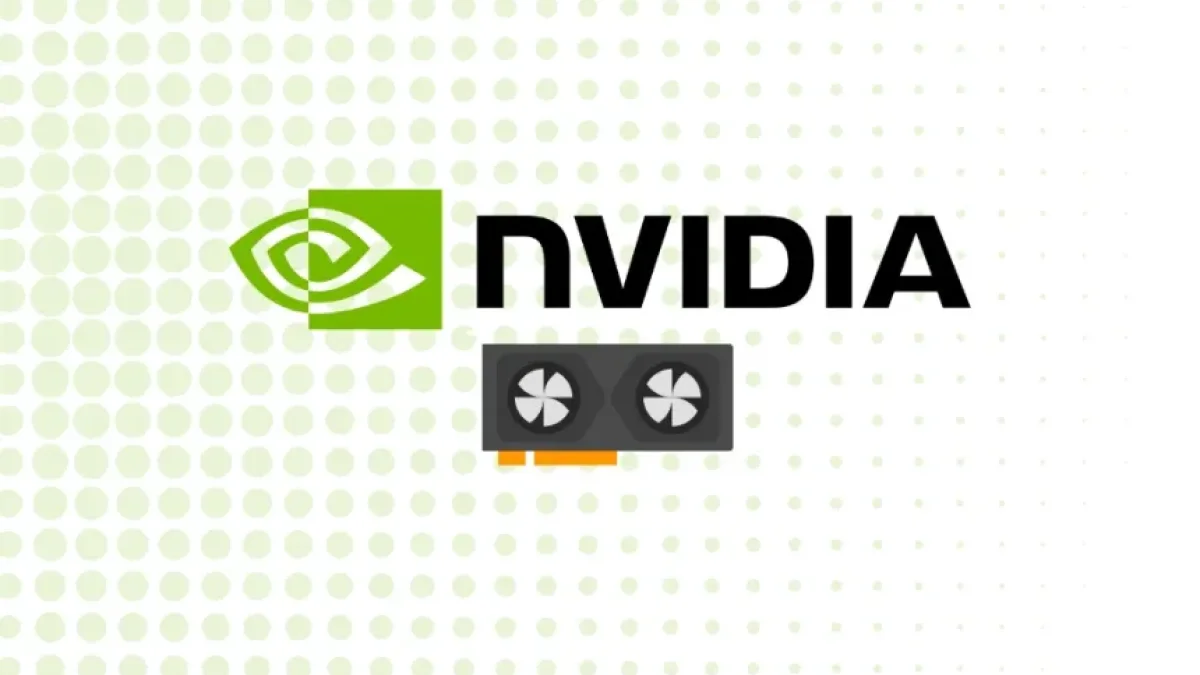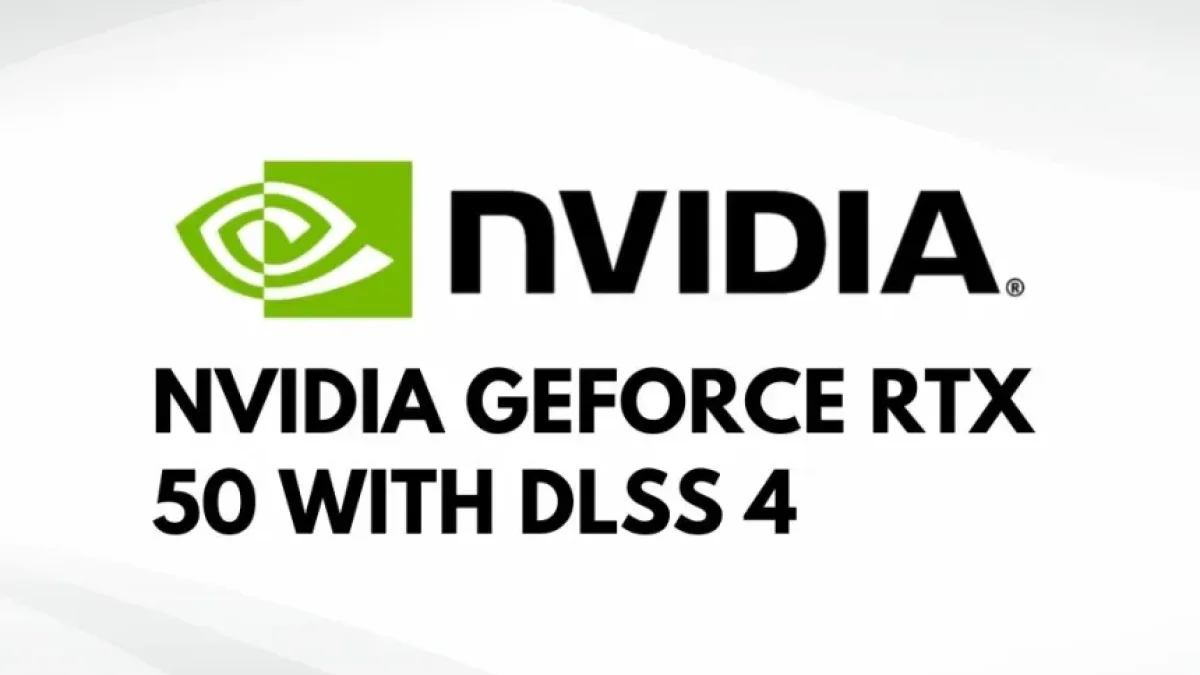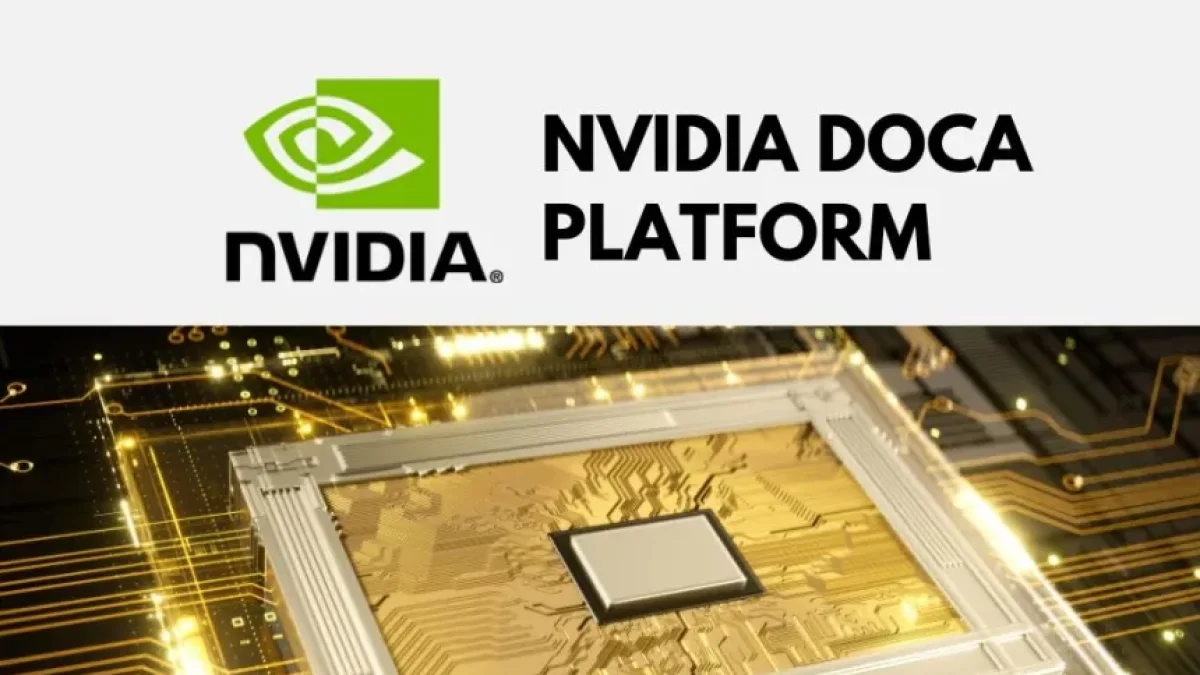The AI Chip Battle: Nvidia in Crisis Amidst Emerging Competition


For several years, Nvidia has maintained a dominant position in the artificial intelligence (AI) chip sector, seeing itself as the undisputed leader in a seemingly immutable market. However, the competitive landscape is undergoing an accelerated transformation. Large companies in China and other U.S. competitors are emerging with innovations that could radically change the future of artificial intelligence. The competition is now fought not only in the realm of language models but also at the core of the hardware that supports them: the chips.
China Challenges Technological Dependency
One of the most obvious manifestations of this change comes from China, where major tech companies are creating their own solutions to break free from reliance on Nvidia chips.
Baidu and Its Kunlun P800 Chip
Baidu, known as the "Google of China," has taken the lead by training its AI model, Kan Fan, exclusively using its Kunlun P800 chip. This development highlights China's capabilities to produce AI chips, reaching a notable level of maturity, thus eliminating the need for Nvidia components for this purpose.
Alibaba and the Zengu Chip
Not to be outdone, Alibaba has begun using a chip that reportedly outperforms Nvidia's H20, which is available in the Chinese market with certain limitations. Alibaba's Zengu chip is completely designed for AI applications, and according to employees who have tested it, it is so effective that it can compete with and even surpass Nvidia's H20. Moreover, there are reports of a more advanced version of this chip promising superior performance to Nvidia's A100 model, introduced five years ago. This progress indicates the accelerated pace of innovation in the Chinese tech sector.
Read also
These developments have had an immediate impact on the market, with a notable increase in the stock prices of Alibaba and Baidu in the past month, reflecting investors' enthusiasm about the prospect of technological independence in China regarding AI chips. A senior Nvidia executive has acknowledged that competition has "certainly arrived," and that their clients will now have to select the technology that best fits their applications.
United States: Nvidia's Own Customers Become Competition
The threat to Nvidia does not come solely from abroad. Within the United States, some of its own customers are developing alternatives to cut costs and gain greater control over their infrastructure.
OpenAI Seeking Alternatives
OpenAI, one of the companies most dependent on Nvidia's processing power for training and operating models like ChatGPT, is actively exploring more affordable options. In 2023, the company invested $4 billion into leasing servers equipped with Nvidia chips, a figure that could rise to $14 billion by 2025.
Read also
With these overwhelming costs in mind, new collaborations and projects have emerged:
Google and OpenAI
Google has persuaded OpenAI to utilize its Tensor Processing Units (TPUs), presenting themselves as a potentially more affordable alternative to Nvidia's chips.
OpenAI's Own Chip
With an eye on a more sustainable future, OpenAI is collaborating with Broadcom to develop its own AI chip, with a launch anticipated for 2026.
Commitment from Tech Giants
Companies like Meta, Apple, Microsoft, Amazon, and Intel are also in the competition, developing their own AI chips to train their models. For example, the A19 Pro processor in the iPhone already includes advanced capabilities for running large language models, and Apple is expected to introduce a chip exclusively dedicated to AI by late 2026 or early 2027.
The Real Winner of the Chip War: TSMC
While all these companies compete for chip design and supremacy, one player stands out as the greatest benefactor of this contest: TSMC (Taiwan Semiconductor Manufacturing Company).
Though TSMC is not involved in chip design, it is the company responsible for manufacturing for nearly all major market players, including Apple, Nvidia, AMD, among others. This Taiwanese company is recognized as the world's most advanced semiconductor foundry, and its technological leadership is vital to the entire ecosystem.
TSMC's relevance will become even more palpable with its upcoming major breakthrough: manufacturing chips using 2-nanometer technology, scheduled for the end of this year. Given the advanced nature of this technology, it has generated interest from major firms like Apple, Nvidia, and Qualcomm, who will fiercely compete to secure supply, as resources will be limited.
This technological dominance of TSMC is so critical that it has been the subject of reports regarding espionage cases in Taiwan linked to the leakage of this technology, a matter considered of national security.
Conclusions on the Future of AI
In summary, although the 90% of the market currently controlled by Nvidia will not evaporate overnight, the competition is becoming increasingly intense. The battlefield has expanded, and while Nvidia prepares to defend its leadership, TSMC positions itself to be the company that, quietly, supplies the "weapons" to all contenders. The war for the future of artificial intelligence has begun, and its outcome could radically reshape the technological landscape.
If you want to stay informed about the evolution of this fascinating chip battle and other related topics, feel free to visit my blog to read more.



















